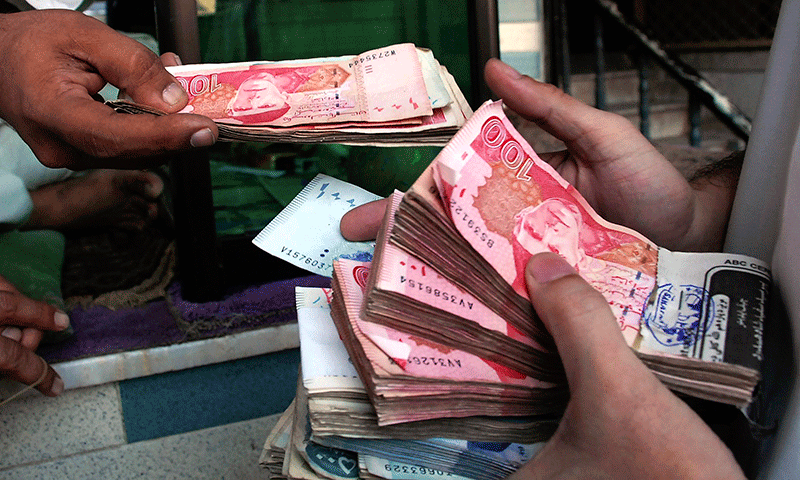A RECENT assassination — the latest in a spate of similar killings from Karachi to Kashmir — has turned the spotlight onto what has seemed, for quite a while, to be an organised campaign overseen by a hostile intelligence agency to murder individuals on Pakistani soil.
In the last two months alone, there have been at least four targeted killings that have, either directly or indirectly, been attributed by police to India’s foreign intelligence agency, the Research and Analysis Wing.
In each case, armed assailants tracked, targeted and killed individuals associated in various capacities with different religious outfits.
However, after the most recent incident, in which a former activist of the outlawed Jaish-e-Muhammad was killed, along with two others, in a Daska mosque on Wednesday, police and intelligence agencies were quicker to react. Within 24 hours of the incident, they claimed to have busted a network involved in carrying out a vendetta for a ‘rogue nation’.
Even if the Punjab police chief, who made the announcement of the arrests, desisted from taking names, it did not take much imagination to conclude that it was India his finger was pointing to.
Indian media have reported that the slain man, Mohammad Shahid Latif, was suspected by New Delhi of having facilitated the attack on an Indian Air Force base in Pathankot in 2016.
However, there seems to be little evidence to substantiate this allegation, and no link was ever made public tying Latif to the Pathankot incident.
Indeed, the murders of Latif and the others before him would seem, on the face of it, to be part of an international campaign that also saw the high-profile killing of Sikh nationalist Hardeep Singh Nijjar in Surrey, Canada, in June this year. The Canadian government has said it has evidence of Indian involvement in the murder; and now Pakistan is claiming the same.
It would seem as if New Delhi wants anyone whom it suspects has played a role in any one of the nationalist movements active within the territories under its control killed. But India cannot go around murdering people in other countries with impunity. There must be severe consequences imposed on it.
It is also pertinent to ask our own authorities how they could let so many individuals be murdered on Pakistani soil before a network apparently being run by an enemy power was finally busted.
Pre-empting such attacks is a core task for counter-intelligence officials responsible for the nation’s security, and as such, it is their responsibility to ensure that Pakistan’s enemies do not use its soil to carry out vendetta killings.
Nothing can be more embarrassing for them than the enemy managing to infiltrate the country while they are busy dealing with domestic issues they legally and technically have no business being involved in.
Published in Dawn, October 16th, 2023










































